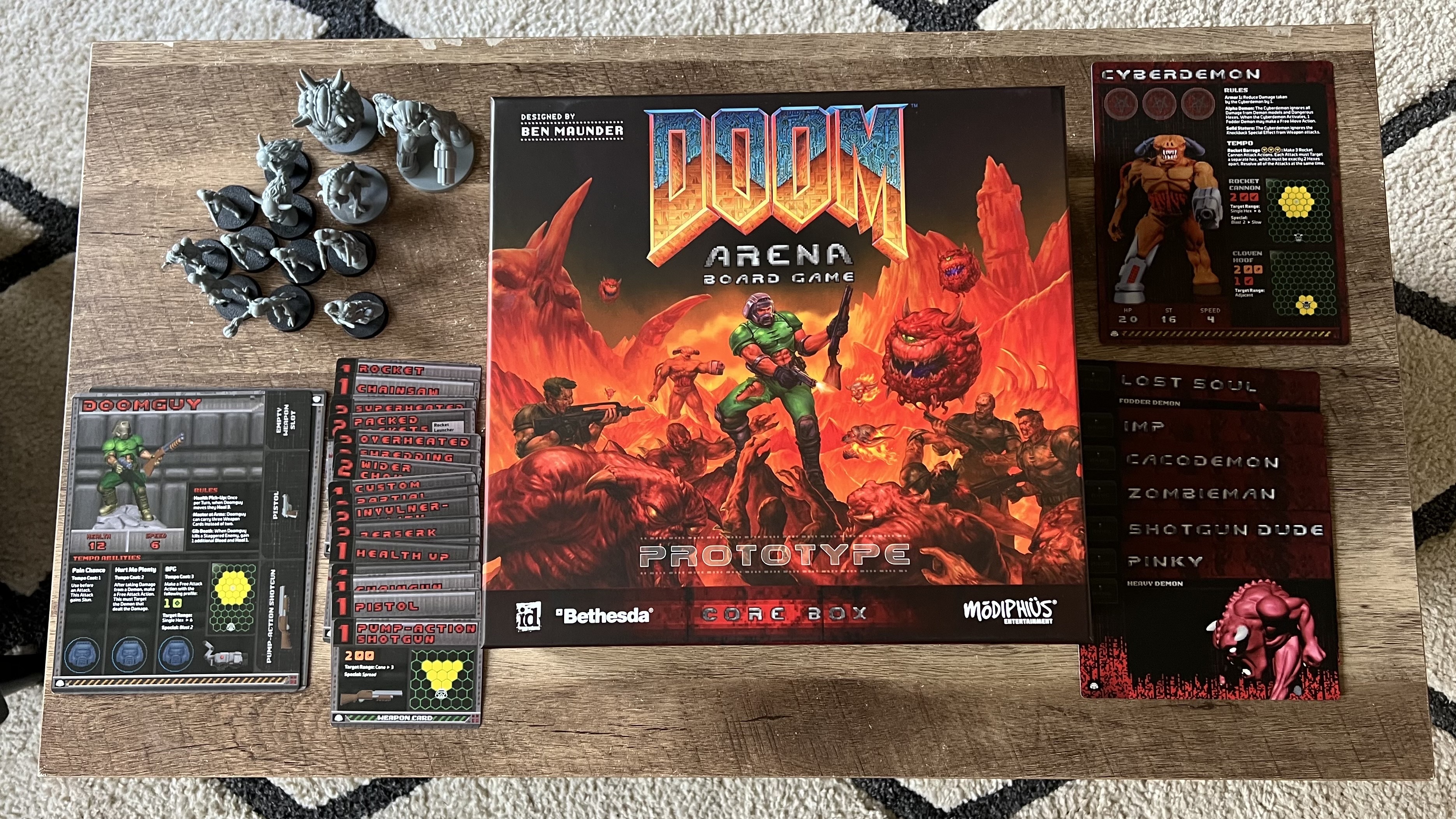Tears of the Kingdom is great, but the Switch 2 upgrades have made me confront the hard truth: Breath of the Wild is still the superior Zelda game
Opinion | Two years later and with the benefit of hindsight, who agrees that Breath of the Wild was better than Tears of the Kingdom?
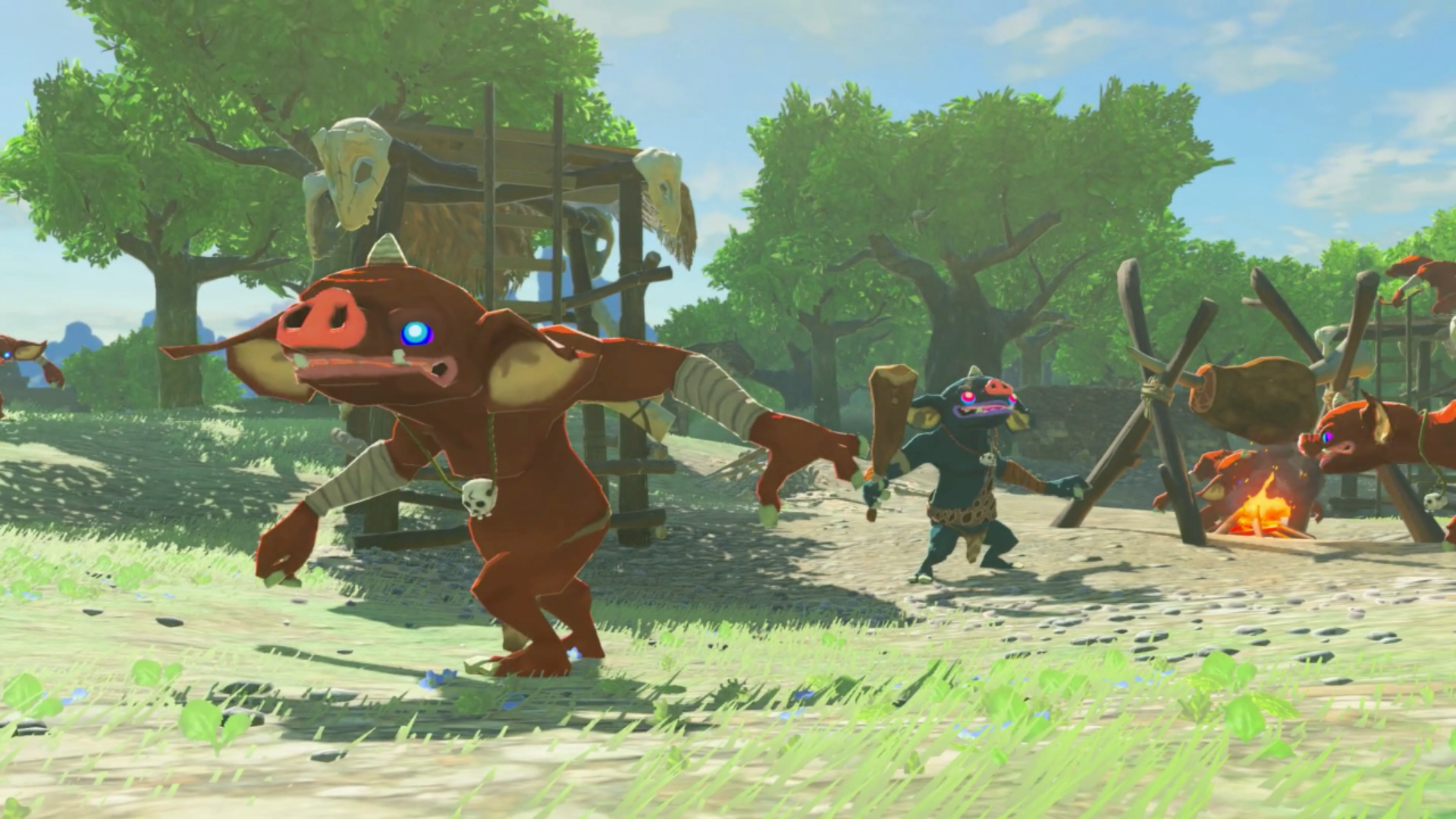
The Switch 2 upgrades for The Legend of Zelda: Breath of the Wild and Tears of the Kingdom are something I've been testing out – god knows my Switch 2 isn't good for much else until Nintendo remembers to release more games for it – and boy, those are pretty games. And fun to play too! Hardly a new observation, but it bears repeating, especially with Nintendo seemingly unwilling to do a proper sequel, implying that we'll be moving to something substantively different on the next entry in the Zelda series.
And when it comes to comparisons between the two, with time to reflect I can't deny that Tears of the Kingdom is the bigger, more nuanced, more artisanal experience. It's a natural enhancement of the ideas that Breath of the Wild began back in 2017, an elevation of the concepts and systems that BOTW began. Tears of the Kingdom is more detailed, grander in scope, smarter in its construction. Which makes it really weird that Breath of the Wild is, to my mind, clearly the better game of the two.
Wild Thing
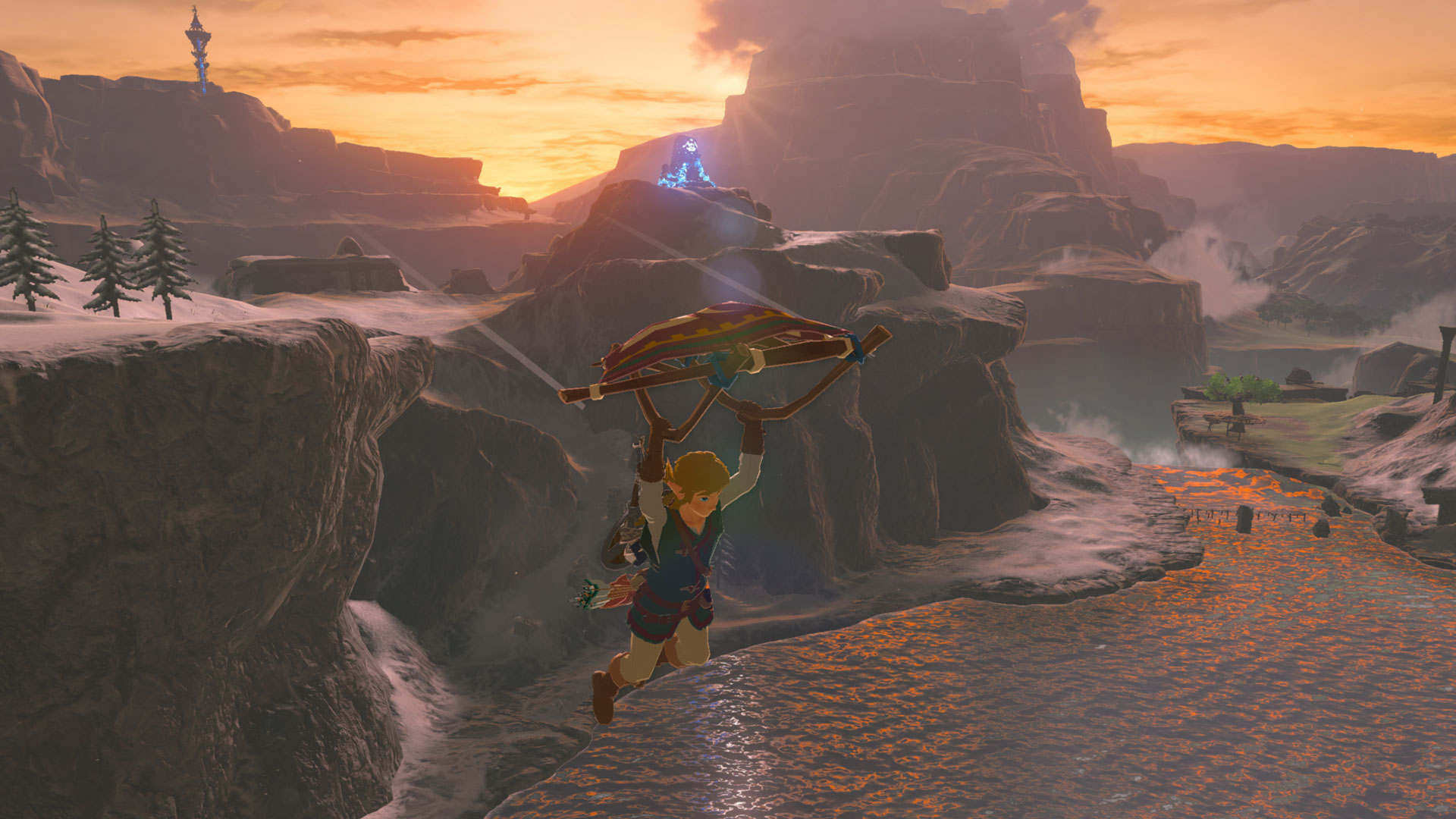
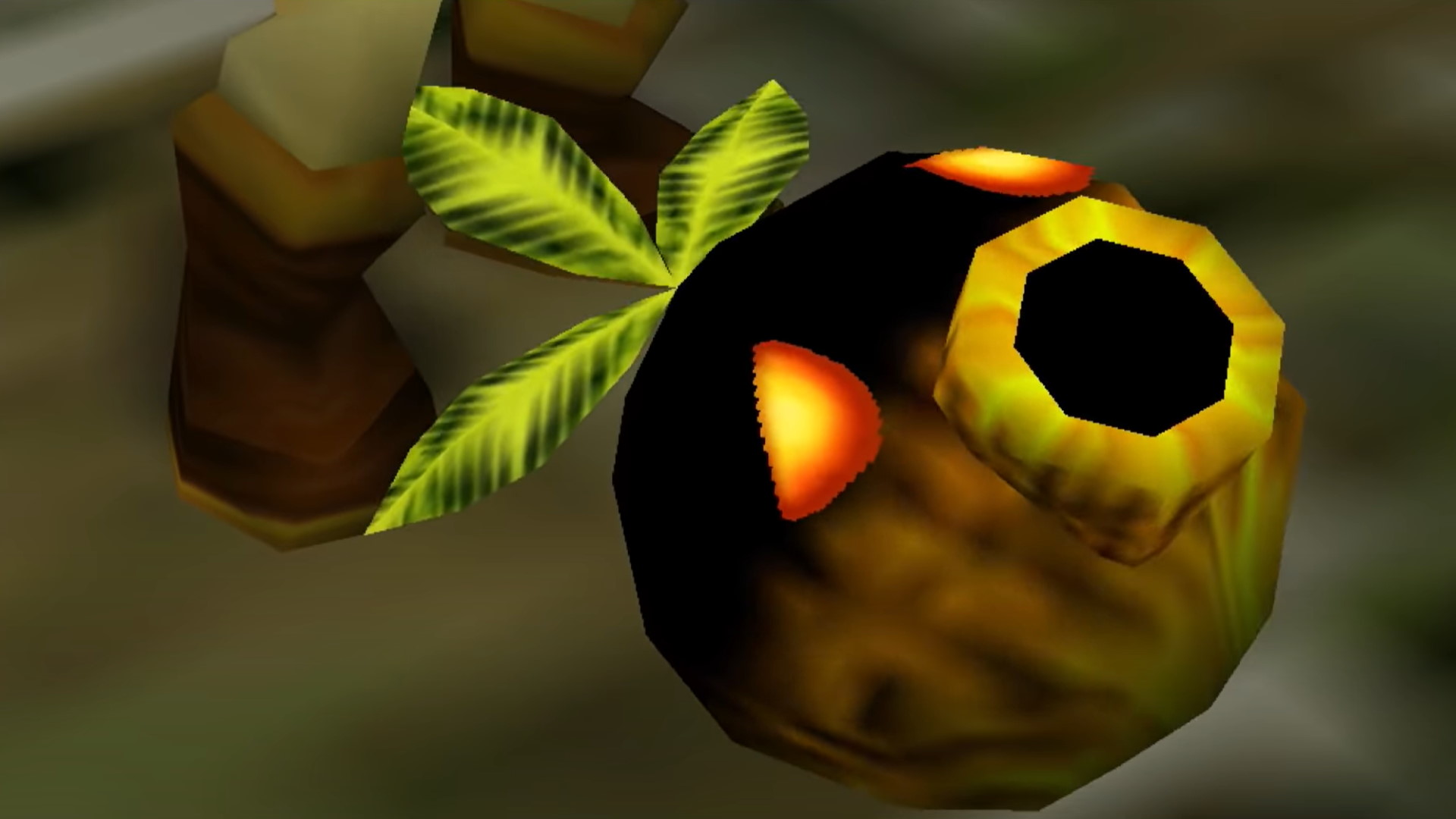
We've rated the best Zelda games of all time for you to find your next favorite
Let's get the obvious thing out of the way: Breath of the Wild is clearly the more revolutionary game between the two. After the tepid Skyward Sword, and then a five year silence regarding any mainline entry, Nintendo suddenly let loose with a sandbox wonderland that set the standard for open worlds for years and remains a strong contender for the best AAA game of the 2010s. I still remember my first few days with Breath of the Wild being little more than a series of open-mouthed "holy shit" realizations as the game continued to bend and adapt to everything I could throw at it.
Playing Tears of the Kingdom six years later, I could tell early on that we weren't getting another leap forward of the same scale and scope. It was largely very familiar – not that that's a bad thing! But it's also just not as impressive, is it? A great leap, followed by a careful step. Even now, Tears of the Kingdom still settles in the cultural mindset as being "Breath of the Wild 1.5", and that's not necessarily without good reason.
But something being great "for its time" doesn't mean much in the long term, admittedly. After all, that's one of the things that matters least to a game's long-term reputation, as it all blurs together and the circumstances around a release fade in our memory and relevance alike. Replaying both games recently, I realized that the key difference between the two games – and what makes Breath of the Wild better – is that it's always so much more in control than its younger sibling ever is.
Recall
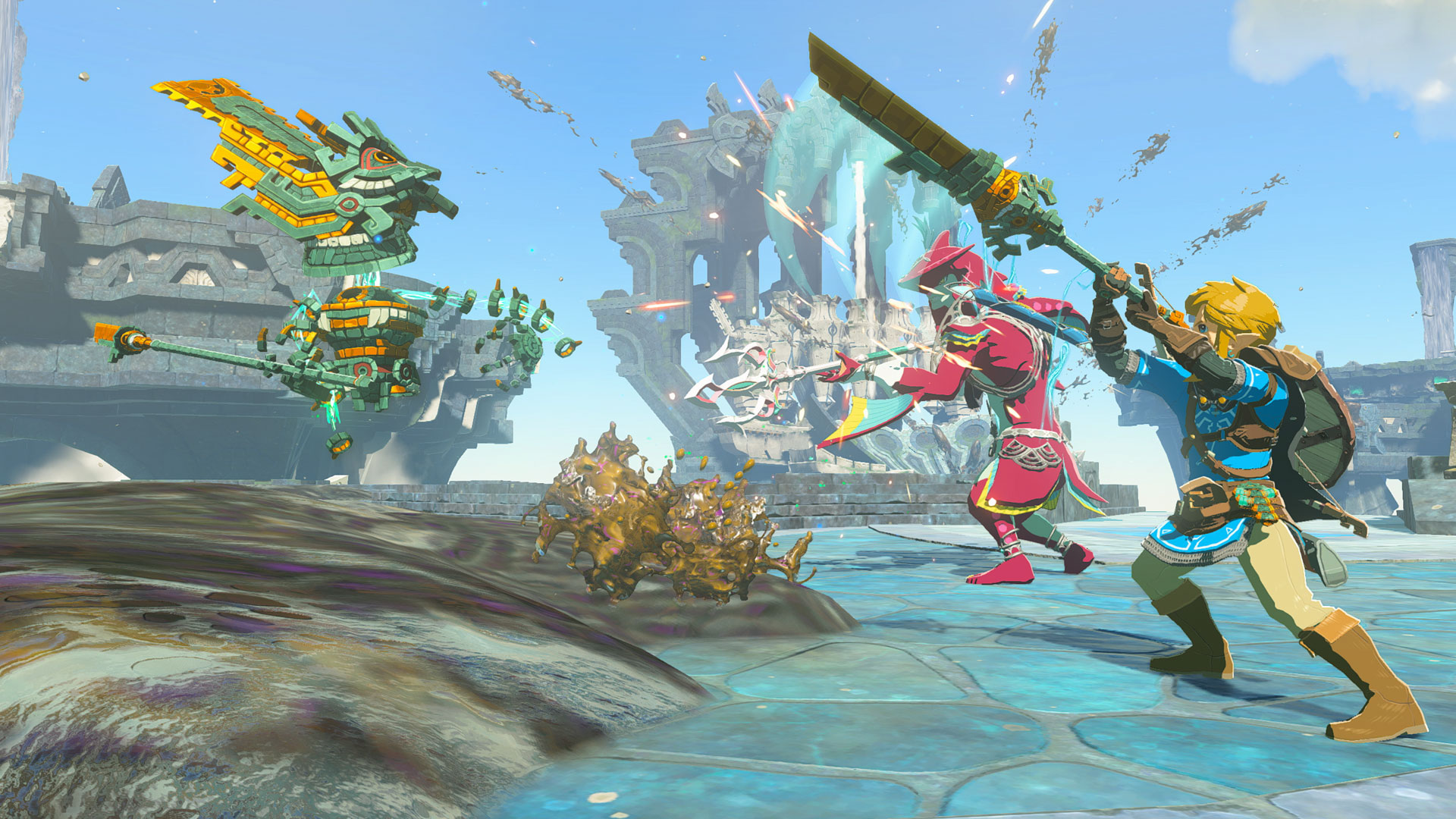
Breath of the Wild is one of the rubberiest games I've ever played. Sounds weird to say, but I can't think of a better term. You can stretch and bend its physics, rules and world, but it never breaks, folding your ideas into the experience with an effortless shrug, the true master of "I meant to do that". You can manipulate the world for exploration and combat alike, freezing stepping stones into waterfalls and magnetically dragging weapons out of enemies' hands, but these all feel like "as intended" experiences, as indeed they are.
Tears of the Kingdom has far less control over itself, and it makes for a slightly uneven affair. Now that's arguably intentional, but after your fifteenth time gluing logs together (the solution to basically all problems), you might start to wish for a game that wasn't quite so accommodating and demanded a little more of you. Likewise, constructs like the economic Hoverbike can often feel like you're playing with cheats, moving freely in three dimensions with zero issues, concerns or challenges. And when it does try to assert control, it often goes too far in the opposite direction, like the boring walk-and-talk intro with Zelda in the caves, or that annoying boxing arena boss fight later on.
Weekly digests, tales from the communities you love, and more
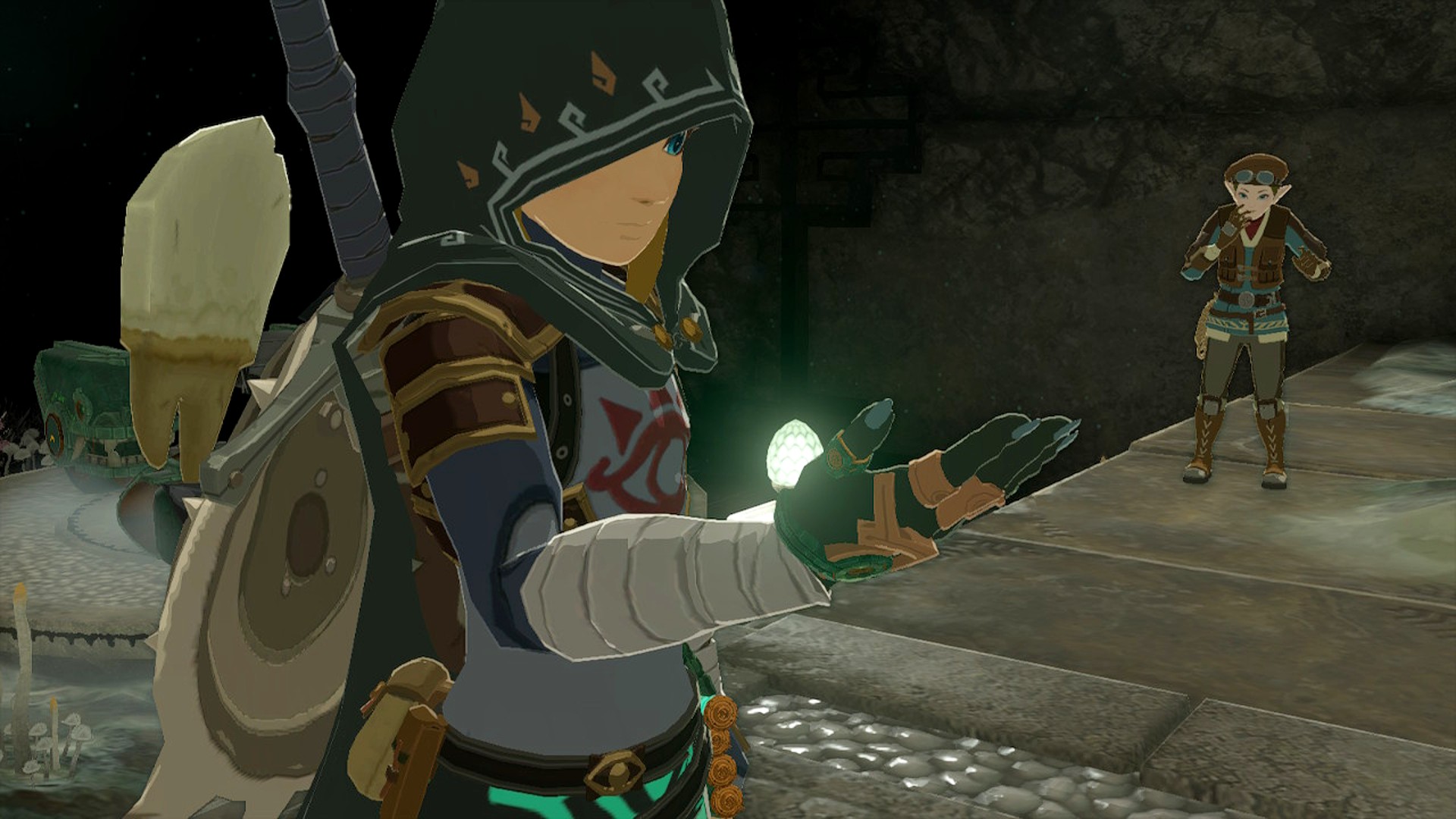
That's the core difference between the two, and why I feel comfortable calling Breath of the Wild rubbery. Rubber bends, but it doesn't break. It just snaps back to the shape it was before. In comparison, Tears of the Kingdom is more like cling film, or sandwich wrap. More pliant, more varied, but stretch it too far and you begin to see a few holes emerge. I'm enjoying both games with the enhanced Switch 2 upgrades, but it's the 2017 classic that'll stay with me far longer.
Find out all the best Switch games you can play right now!

Joel Franey is a writer, journalist, podcaster and Very Tired Man with a BA from Brunel University, a Masters from Sussex University and a decade working in games journalism, often focused on guides coverage but also in reviews, features and news. His love of games is strongest when it comes to groundbreaking narratives like Disco Elysium, UnderTale and Baldur's Gate 3, as well as innovative or refined gameplay experiences like XCOM, Sifu, Arkham Asylum or Slay the Spire. He is a firm believer that the vast majority of games would be improved by adding a grappling hook, and if they already have one, they should probably add another just to be safe. You can find old work of his at Eurogamer, Gfinity, USgamer, SFX Magazine, RPS, Dicebreaker, VG247, and more.
You must confirm your public display name before commenting
Please logout and then login again, you will then be prompted to enter your display name.
